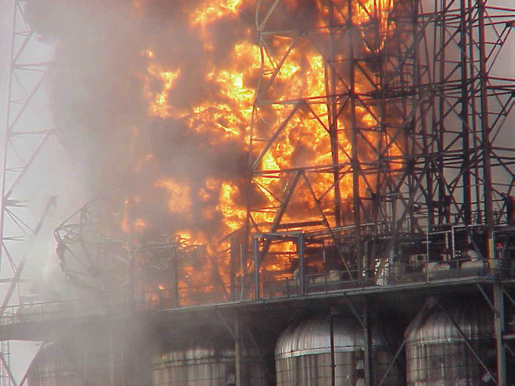Introduction
Rarely is there a new and unknown cause of a major Fixed Equipment Mechanical Integrity (FEMI) failure in the petrochemical and refining industry. The same FEMI failures continue to occur despite all the industry knowledge and guidance available on how to avoid them.

I believe that if industry personnel were to more closely follow the advice and recommendations contained in the latest editions of industry standards like the ASME Post Construction Committee (PCC) series (1-4) and the API In-Service Inspection (ISI) and Corrosion series (5-18), that most of these repeat incidents could be avoided. To further that goal, the API Subcommittee on Inspection (SCI) has published three new ISI standards: API RP 583, Corrosion Under Insulation (18), API RP 584, Integrity Operating Windows (19), and API RP 585, Pressure Equipment Integrity Incident Investigations (20). Proper implementation, with full management support, of the practices contained in these new standards will significantly contribute to the avoidance of FEMI incidents by:
-
Promoting the establishment of operating limits that will avoid exposing equipment to operating conditions outside of those limits that are necessary to prevent accelerated deterioration or new damage mechanisms,
-
Promoting and standardizing FEMI failure investigation techniques from which we can all learn, and
-
Teaching inspectors how to effectively inspect and maintain insulation systems to avoid CUI leaks.
Additionally, if we had an effective industry FEMI failure memory system (i.e., a database available for all users to peruse anonymous reports of FEMI failures and their causes) it would help to enlighten many industry stakeholders about what types of FEMI issues have caused numerous failures in the past. Enlightened stakeholders could then put more layers of protection in place to avoid many of these repeated FEMI failures. In the meantime, here are five brief summaries of major FEMI incidents and their causes to hopefully help readers avoid the same types of incidents at their facilities.

















Comments and Discussion
Add a Comment
Please log in or register to participate in comments and discussions.